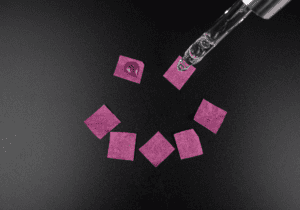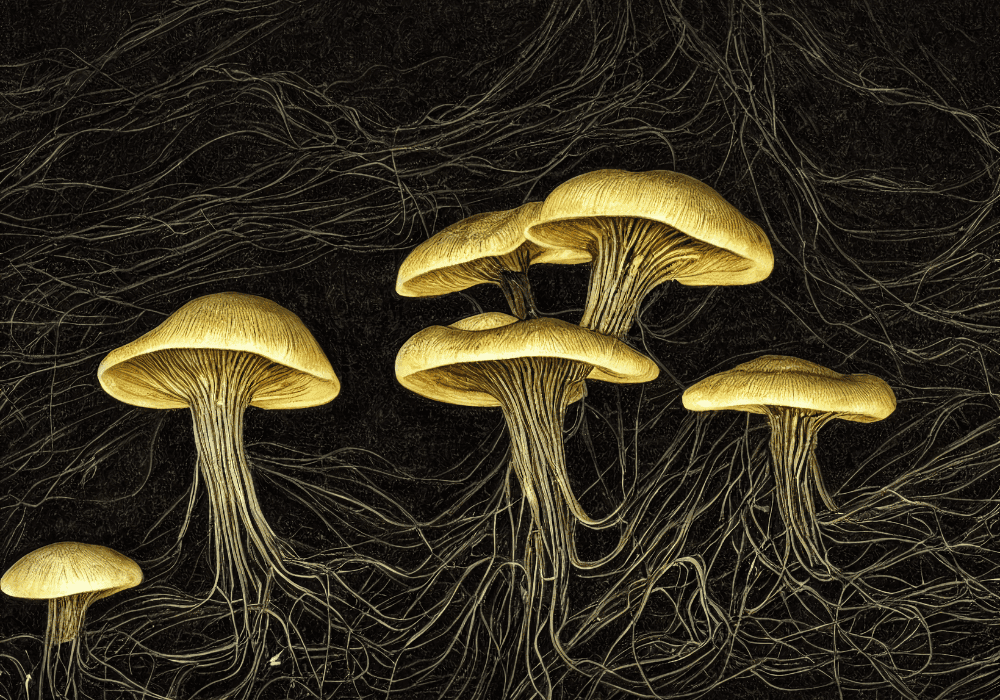In recent years, psychedelic therapy has emerged as a promising frontier in mental health treatment. With its roots in ancient cultures and resurgence in modern medicine, this unconventional approach is gaining traction among wellness enthusiasts and mental health professionals. But how does it complement traditional modalities? This post explores that intersection, providing insights into the past, present, and future of psychedelic therapy.
 A Glimpse into Psychedelic Therapy’s Past
A Glimpse into Psychedelic Therapy’s Past
Psychedelic substances have been used for centuries by indigenous cultures for healing and spiritual purposes. Ancient rituals often incorporated these substances to commune with the divine or seek guidance. Fast forward to the mid-20th century, psychedelics caught the attention of Western medicine. Researchers like Dr. Albert Hofmann, who discovered LSD, pioneered studies into their therapeutic potential. However, the societal backlash and regulatory crackdowns of the 1960s halted most scientific research.
Today, psychedelics are experiencing a renaissance. Modern studies are reviving interest, suggesting profound benefits in treating mental health disorders. While once shrouded in controversy, today’s renewed focus is on their therapeutic potential.
Traditional Modalities in Mental Health
Traditional mental health treatments, such as talk therapy and medication, have long been the standard. Cognitive Behavioral Therapy (CBT), for example, has helped countless individuals reframe negative thinking patterns. Similarly, antidepressants and antipsychotic medications offer relief for many.
Yet, these methods have limitations. Not every patient responds to them, and some experience persistent side effects. Treatment-resistant depression and anxiety remain significant challenges. The quest for more effective solutions continues, leading professionals to explore complementary approaches.
Understanding the Science of Psychedelic Therapy
Psychedelic therapy involves administering substances like psilocybin (magic mushrooms) or MDMA under professional supervision. These substances can alter perception, mood, and cognitive processes. Cutting-edge research shows psychedelics can “reset” neural pathways, aiding mental health recovery.
Recent studies highlight their potential. For instance, a landmark study by Johns Hopkins University found that psilocybin therapy significantly reduced depression symptoms. The Multidisciplinary Association for Psychedelic Studies (MAPS) has also demonstrated MDMA’s efficacy in treating PTSD.
While promising, more research is needed to fully understand the mechanisms at play. However, current findings suggest psychedelics can foster profound emotional breakthroughs and introspection.
Navigating Risks and Ethical Considerations
Psychedelic therapy is not without its challenges. Safety and ethical considerations are paramount. Unregulated use can lead to adverse reactions or exacerbation of mental health conditions. Even in controlled settings, the psychological effects can be intense.
Therapists must ensure informed consent, emphasizing the importance of setting and intention. The legal status of psychedelics varies globally, complicating their availability and study. Ethical guidelines and regulatory frameworks are essential to integrate these treatments responsibly into mainstream care.
 Bridging Psychedelic Therapy with Traditional Treatments
Bridging Psychedelic Therapy with Traditional Treatments
The integration of psychedelic therapy with traditional modalities offers a holistic approach to mental health. Combining these treatments can address the limitations of conventional methods while enhancing patient outcomes. For example, integrating psychedelic experiences with regular CBT sessions may deepen emotional insights.
Collaborative care models are emerging, where practitioners of both disciplines work together. This synergy fosters a comprehensive treatment plan, tailored to individual needs. It prioritizes patient safety and maximizes therapeutic potential.
The Future of Psychedelic Therapy
The future of psychedelic therapy is bright, with increasing acceptance and innovation. Clinical trials continue to expand, revealing new applications for various mental health disorders. The wellness industry is also taking note, with retreats and workshops offering guided psychedelic experiences.
Educational initiatives are underway, aiming to train professionals in psychedelic-assisted therapies. Public perception is shifting too, with growing awareness of the therapeutic benefits over recreational use. The potential for transformation in mental health care is immense.
In conclusion, the fusion of psychedelic therapy with traditional modalities presents a path toward more effective mental health care. By addressing the limitations of conventional treatments and opening new avenues for healing, this integrated approach holds promise for many.
For wellness enthusiasts and mental health professionals alike, staying informed about these developments is crucial. The landscape of mental health treatment is evolving, and a comprehensive approach is more important than ever.

 Bridging Psychedelic Therapy with Traditional Treatments
Bridging Psychedelic Therapy with Traditional Treatments